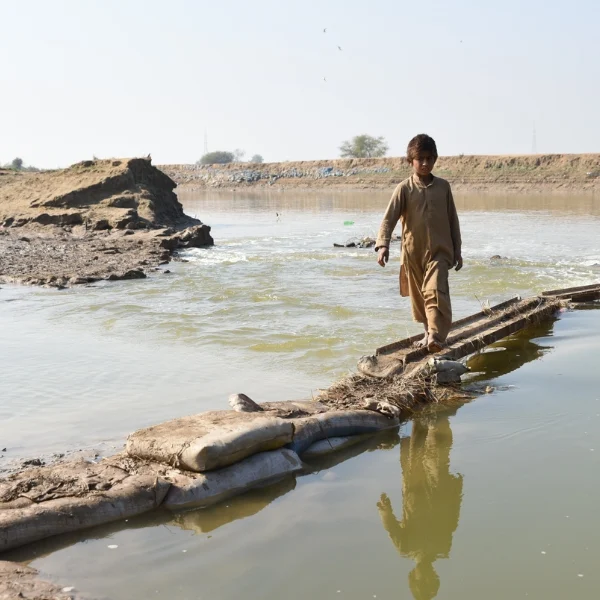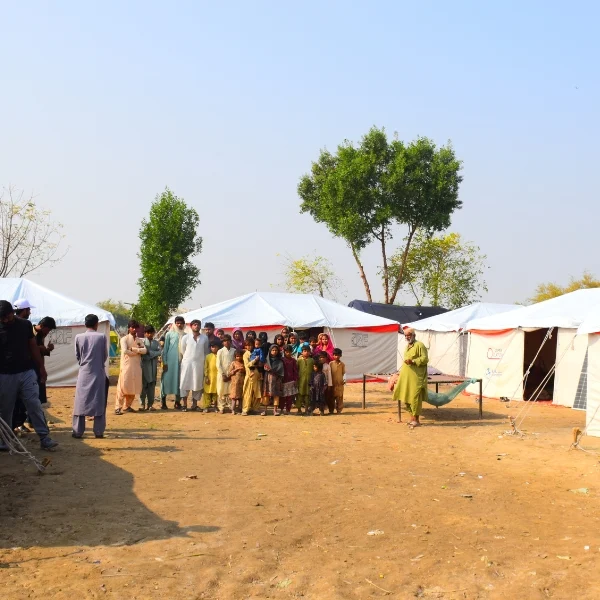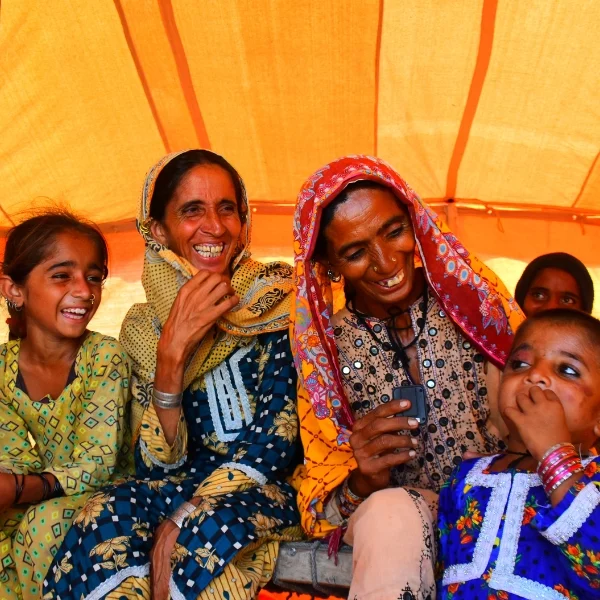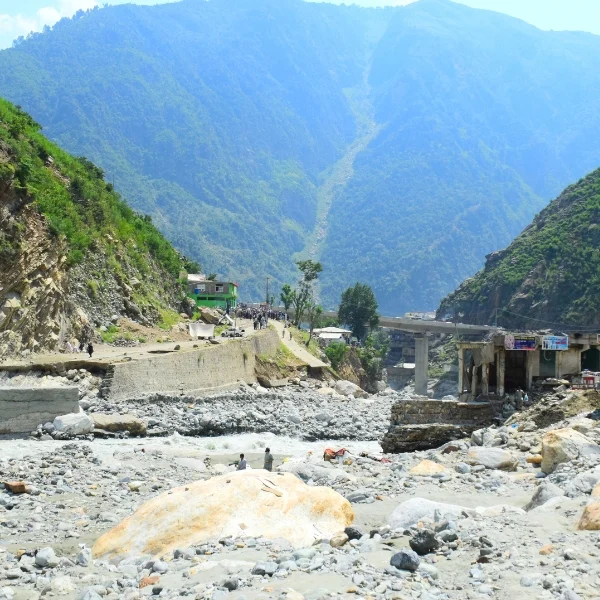Emergency Response and Climate Resilient Communities
- Programs
- Emergency Response and Climate Resilient Communities
Swift Relief, Stronger Communities for Tomorrow.
SVF’s Emergency Response and Climate Resilient Communities Program is designed to address the immediate needs of communities affected by natural disasters while building long-term resilience to climate shocks. This dual-focus approach ensures that vulnerable populations receive both emergency relief and the tools necessary for sustainable recovery and adaptation. At the heart of SVF’s emergency response is the commitment to SPHERE Standards, which provide a framework for ensuring dignity and quality in humanitarian assistance.

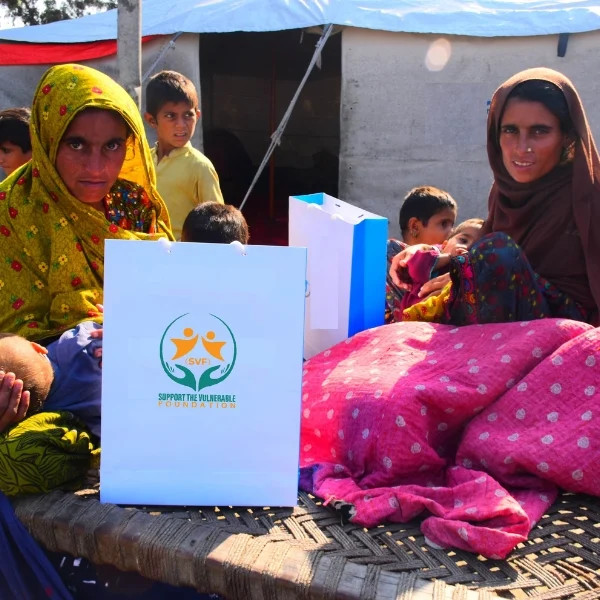
SPHERE Standards in Emergency Response
SVF adheres to the globally recognized SPHERE Standards for humanitarian action, which outline minimum standards in the core areas of emergency relief. These standards guide SVF’s response across multiple domains:
- Food and Nutrition
- Water, Sanitation, and Hygiene (WASH)
- Shelter and Settlements
- Access to Healthcare Services During an Emergency
- Education in Emergencies by INEE Minimum Standards

Permanent Rehabilitation through Regular Programming
After the immediate emergency response, SVF transitions to a phase of Permanent Rehabilitation. This process involves rebuilding infrastructure and providing long-term support to communities to restore their livelihoods. Some of the key areas of rehabilitation include:
- Reconstruction of homes, schools, and health facilities, ensuring they are built to higher, more resilient standards.
- Livelihood Restoration Programs
- Water and Sanitation Infrastructure Development
- Community Health Programs
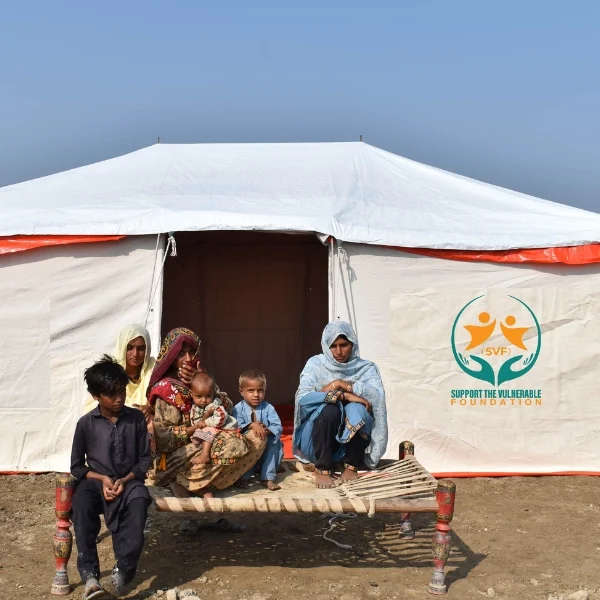
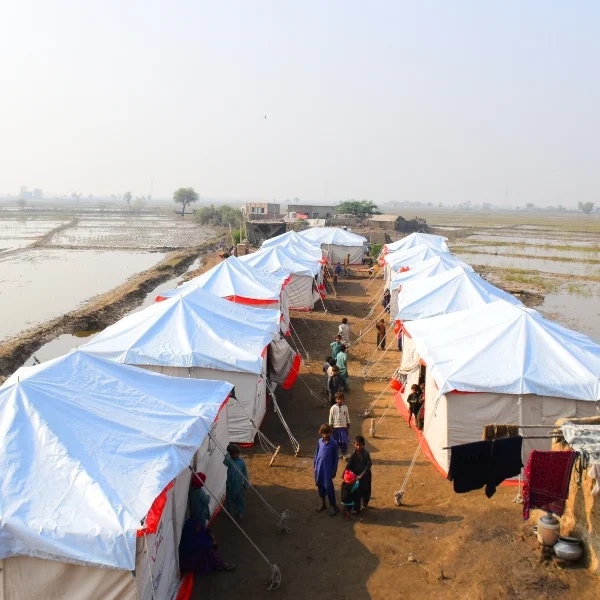
Climate Resilient Communities: Preparing for Future Climate Shocks
In parallel with emergency response and rehabilitation, SVF is committed to building Climate-Resilient Communities that are better prepared to absorb and adapt to the growing frequency and intensity of climate-related shocks such as floods, droughts, and heatwaves. SVF’s climate resilience strategy includes:
- Community Preparedness and Awareness
- Sustainable Agricultural Practices
- Eco-Friendly Infrastructure
- Natural Resource Management

